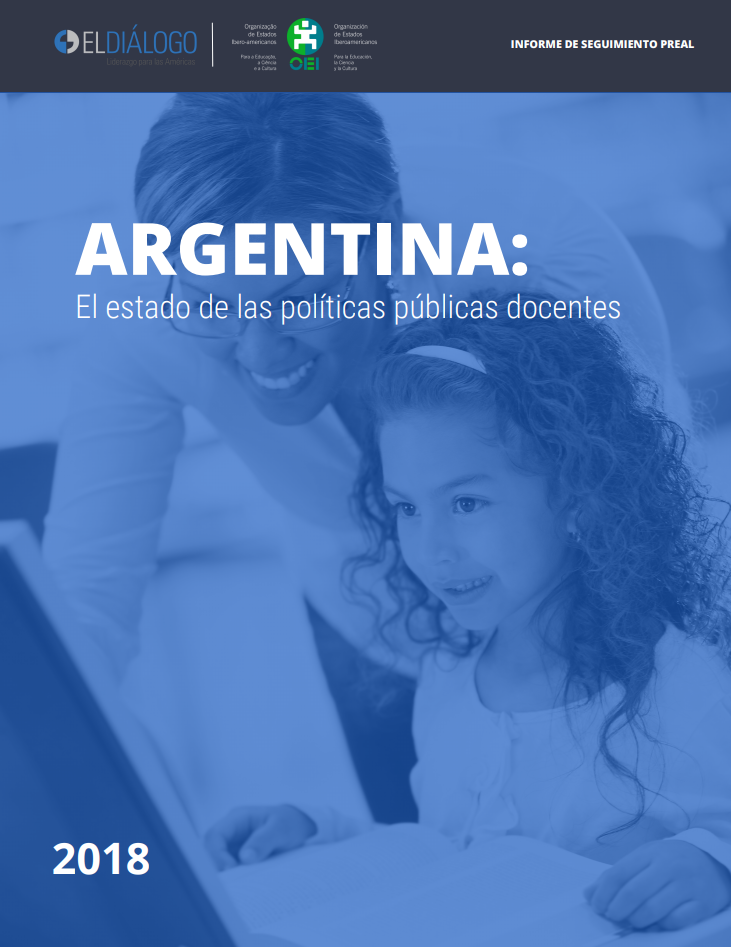Protecting Latin America’s Poor During Economic Crises
History tells us that economic crises cause large increases in poverty. The most recent economic crisis will cause Latin America’s GDP to contract around 2 percent in 2009.
This post is also available in: Español
The Argentine education system, which previously has been a model of inspiration for other countries, today finds itself challenged by diverse sectors of society. The educational trajectory of most students is still far from ideal, particularly for young people from the most vulnerable social conditions, and the results of standardized learning evaluations show low levels of performance, especially in this population. All of these challenges indicate the need to update, redesign and reform the norms and practices in the teaching field, which would require a dramatic restructuring of the system based upon quality assurance and strengthening inclusion.
This report (available in Spanish) from the Education Program at the Inter-American Dialogue PREAL evaluates the current state of teacher policies in Argentina and offers a set of recommendations for addressing existing challenges and bottlenecks.
History tells us that economic crises cause large increases in poverty. The most recent economic crisis will cause Latin America’s GDP to contract around 2 percent in 2009.
The goal of education is to promote learning. Sitting in classrooms is a weak proxy for knowing how to read, do math, and apply science. Latin America needs to worry less about schooling and more about learning.
Argentine President Cristina Fernández has increased her appeals to nationalist sentiment to build domestic political support.
